|
|
|
|
|
INTERVIEW
|
Interview with Diana Morant, Spanish Minister of Science and Innovation
|
“IFMIF-DONES will place Spain at the vanguard of the next technological revolution”
|

|
Morant has given us an interview in which she contextualises and points out the relevance of this project not only for Spain, but also for the future of energy production for humanity.
|
She outlines how the history of fusion in Spain is a success story of collaboration between government, science and industry, the key formula to shape the future. Thanks to this cooperative work, today we can say that Spain is the third country in European contributions to ITER and an international reference in this area of knowledge.
|
|
|
|
|
|
NEWS
|
The engineering team finalises the design of IFMIF-DONES in Granada
|
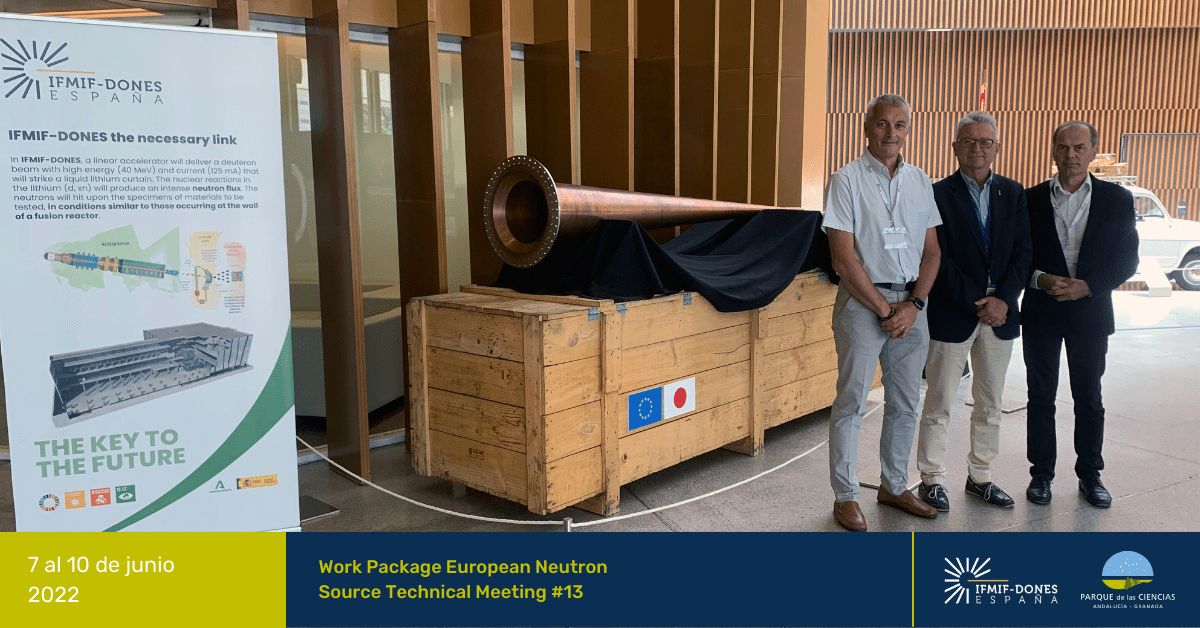
|
The engineering team currently working on IFMIF-DONES has held the Work Package European Neutron Source Technical Meeting #13 in Granada. The meeting was attended by scientists from 17 countries of the European Union, with the aim of coordinating the design activities that are being carried out for the development of the systems that make up the project.
|
|
Also, in addition to the event, the Science Park Consortium and the IFMIF-DONES España Consortium have signed an agreement to promote and develop scientific activities, as well as educational and dissemination activities in Science and Technology. The agreement began with the exhibition of a copper cone from a particle accelerator, in which the particle beams are stopped and dissipated during the start-up phase of the accelerator.
|
|
|
|
|
|
DONES Meeting #04, an approach to the possibilities of the Digital Twin of IFMIF-DONES
|
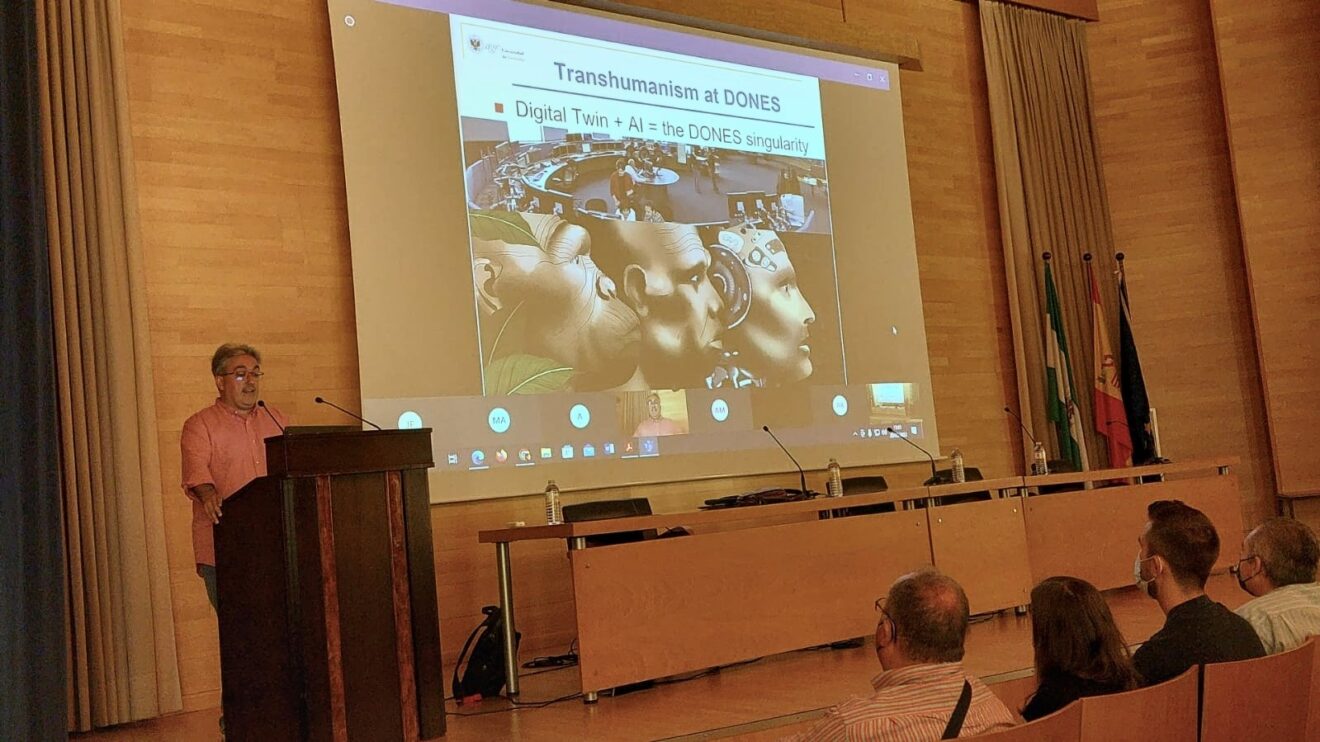
|
|
|
|
The School of Building Engineering has hosted the DONES Meeting #04, which has focused this time on the control systems of the IFMIF-DONES facility, and the possibility of incorporating a digital twin that integrates both the model of the facility and the physics that takes place within it. Once again, the seminar could be followed both in person and virtually, and at the end of the presentation there was an interesting and participative round table for discussion.
|
|
The first part of the seminar was led by Javier Díaz, Profesor Catedrático de Universidad (Professor) at the Department of Computer Architecture and Technology, and head of the Laboratory for the Development of Control Systems for LIPAc/DONES at the University of Granada. During his presentation, Díaz explained in detail the work and functions of the team involved in instrumentation and control at IFMIF-DONES, leaving room for “dreaming a little and seeing how things could be done in the future”.
|
|
|
|
|
|
DONES Meeting #03 leads the way to explore lines of collaboration with ESS Bilbao
|
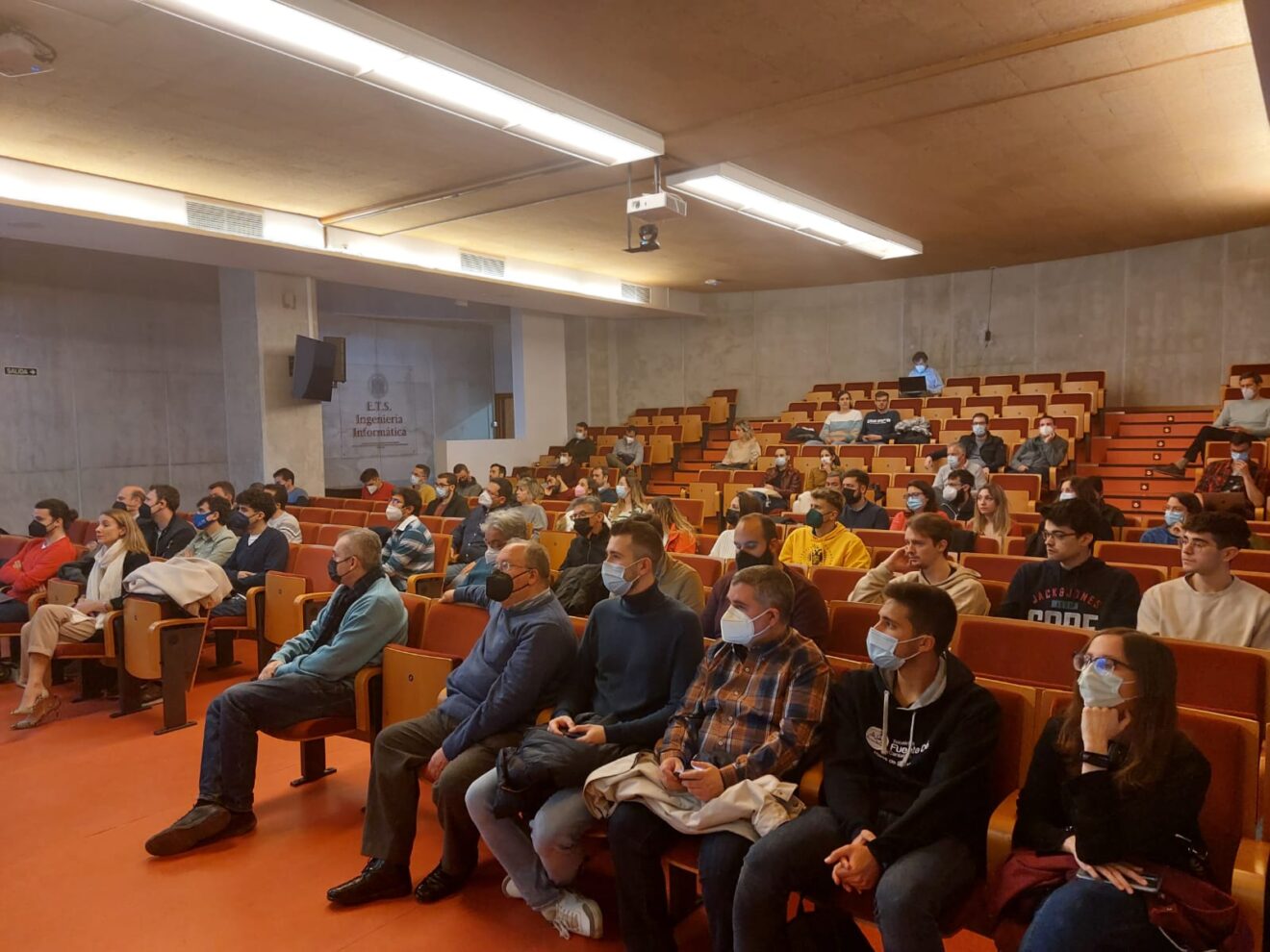
|
DONES Meeting #03 has had a special character thanks to the visit of ESS Bilbao, the Centre for Neutron Technologies in charge of carrying out the Spanish contribution to the European Spallation Source.
|
|
Mario Pérez, Executive Director of the Public Consortium for the Construction, Equipment and Exploitation of the European Spallation Neutron Source, shared their work through a detailed presentation. After his seminar, members of the IFMIF-DONES and ESS Bilbao teams discussed the possible lines of collaboration that both organisations could pursue.
|
|
|
|
|
|
|
|
DIVULGATION
|
Seismic risk management in the IFMIF-DONES project
|
|
|
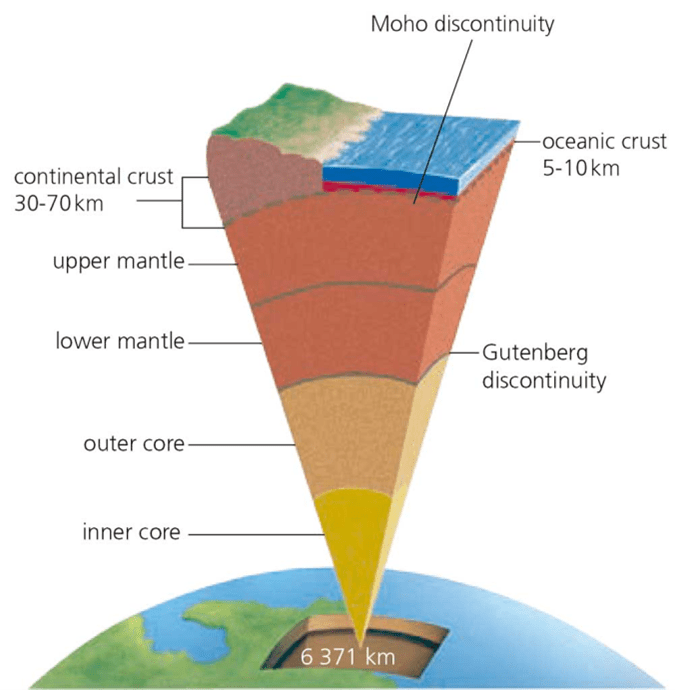
|
|
Designing a resilient facility from a seismic perspective requires a thorough characterisation of the seismicity of the ground with all available scientific tools. An earthquake – like volcanism, hurricanes, tsunamis, the El Niño phenomenon, among others – is a non-anthropic threat, intimately associated with planetary dynamics, which, in the current scientific and technological state of humanity (still at rung zero of the Kardashov scale), cannot be prevented, which in no way means that on some occasions there cannot be some kind of control. Indeed. After a seismic assessment of the site, the design process considers two levels of protection: on the one hand, damage to people and equipment must be minimised in the case of the most intense earthquakes, as in any other building, and on the other hand, the operation of the facility must be ensured in the case of the much more frequent minor earthquakes.
|
|
|
|
|
|
|
|
IFMIF-DONES TEAM
|
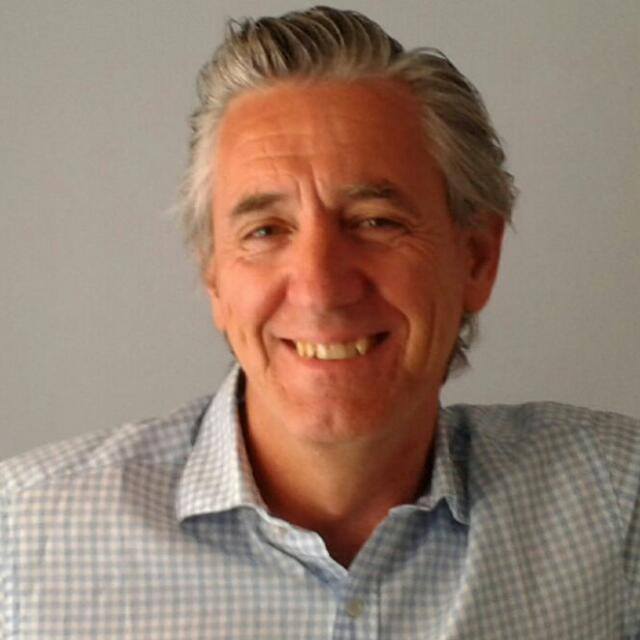
|
Meet Joaquín Mollá, coordinator of the Spanish participation in Broader Approach
|
The IFMIF-DONES team, the driving force behind the project, relies on professionals with a spectacular background in the field of engineering and research. They bring their previous experience and knowledge together with great enthusiasm, turning the day-to-day work into an exciting place where all the steps that have been taken from the beginning can be put into practice. They’d like to introduce Joaquín Mollá today to highlight his role within the team.
|
|
|
|
|
|
|
|
DISSEMINATION ACTIVITIES
|
IFMIF-DONES, summarised in 10 minutes at “Desgranando Ciencia” 8th edition
|
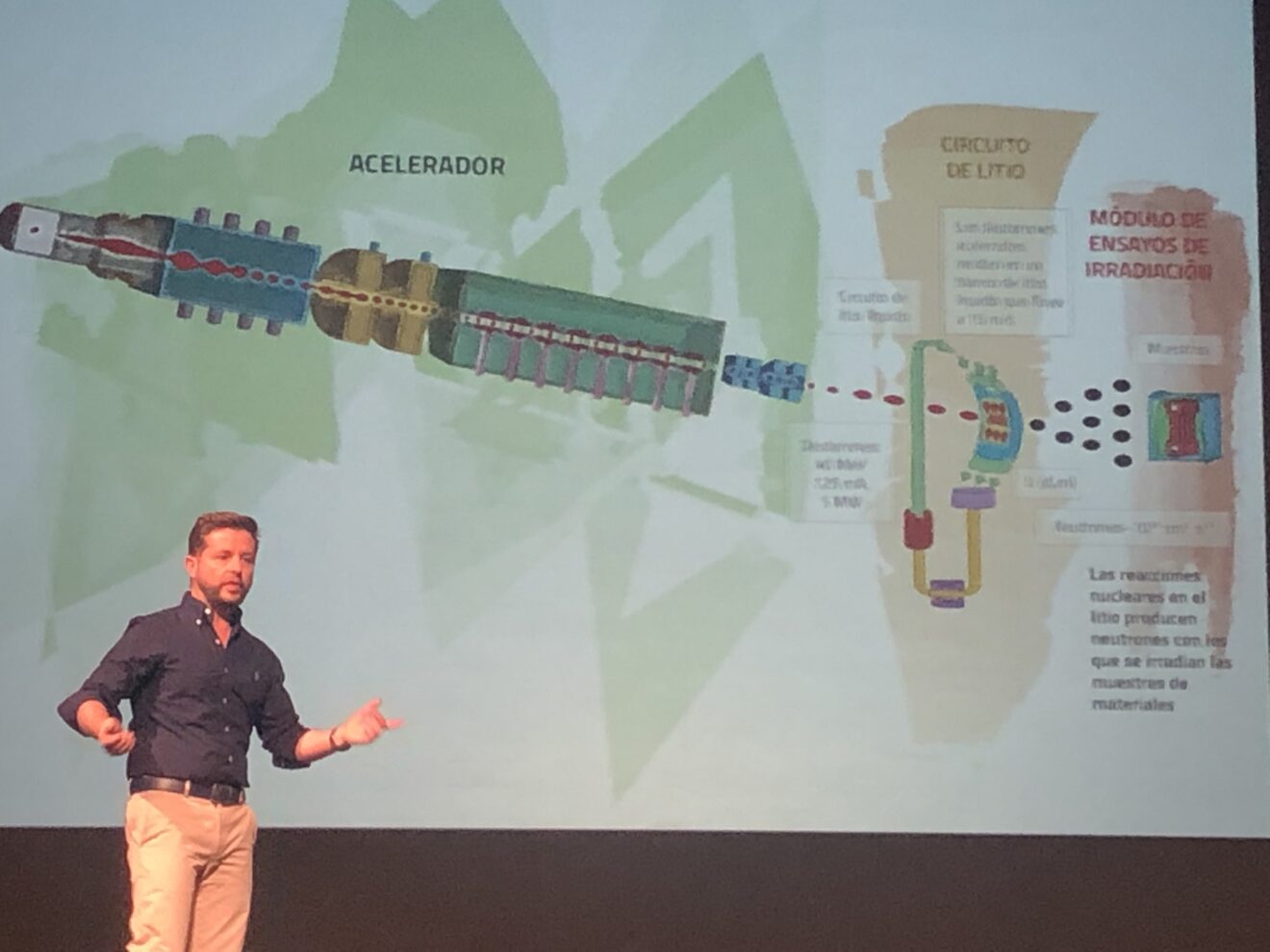
|
|
“Desgranando Ciencia”, one of the largest science dissemination events in Spain, hosted IFMIF-DONES in its eighth edition. José Aguilar, Coordinator of the Technical Office, provided a brief overview of the project in a casual approach. This presentation was adjusted to the unique format that characterizes the event and with which the organisation brings together Spain’s most prominent science disseminators once a year: four sessions with 10-minute talks on a wide variety of topics.
|
|
|
|
|
|
The physics of accelerators, explained for all ages at the Gravite Festival inaugural day
|
|
|
|
Science starred in the inaugural day of the 4th edition of the Gravite Festival in Granada, dedicated this year to the third culture, and with time travel as its leitmotif. Moisés Weber and Iván Podadera, from IFMIF-DONES España, presented the manual ‘The physics of accelerators… through the physics of everyday life and the Universe’, written by the prestigious scientist Phu Anh Phi Nghiem.
|
|
|
|
|
|
|
|
Students of the Faculty of Physical Sciences of the UCM learn first-hand about the IFMIF-DONES project
|
|
|
|
The Cycle of Conferences “Let’s talk about Physics” organised by the Faculty of Physical Sciences of the Complutense University of Madrid hosted Ángel Ibarra, Director of IFMIF-DONES España.
|
|
Under the title “The IFMIF-DONES project”, Ibarra presented the raison d’être of the project in the Aula Magna of the faculty, specifying the status of its development and the likely short-term future, with an emphasis on its possible use in other fields of scientific and technological research.
|
|
|
|
|
|
|
|
Primary school pupils, conscious about the future of energy
|
|
|
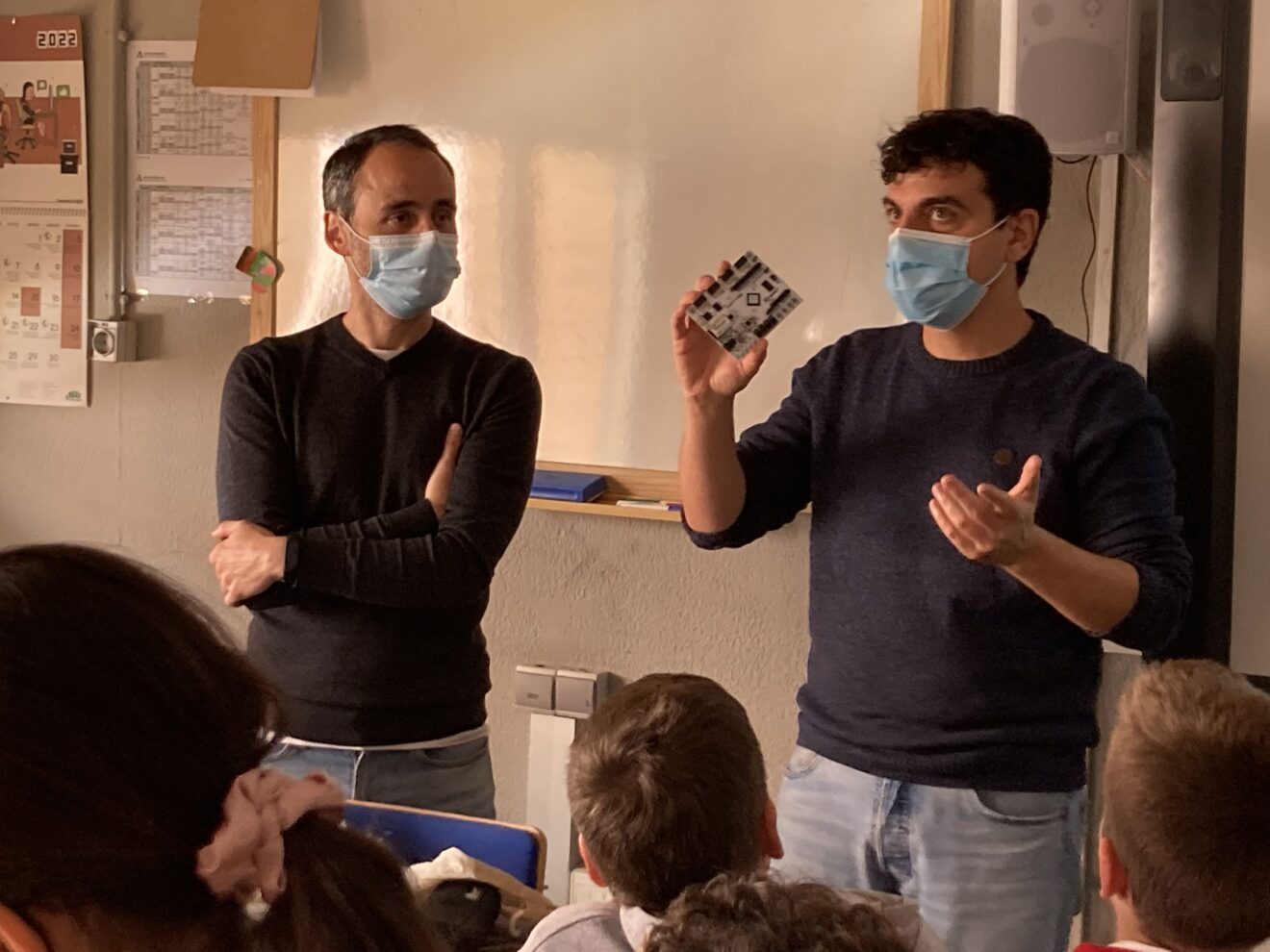
|
The teachers of CEIP Abencerrajes (Granada) wanted to bring the IFMIF-DONES project closer to their primary school students. On this occasion, Iván Podadera, accelerator systems engineer, and Rubén Lorenzo, control systems engineer, gave a short talk at the school on April 21st.
|
|
The children, aged between 11 and 12, first watched the IFMIF-DONES presentation video, which, despite being conceived for an adult audience, was very well appreciated. This introduction led to the next presentation delivered by the speakers, who talked first about fusion energy, and later about the three parts that make up IFMIF-DONES (accelerator, lithium and samples). Podadera and Lorenzo used at all times examples adapted to the students’ age and displayed some electronic components.
|
|
|
|
|
|
|
|
The Science Week organised by the IES Federico García Lorca in Granada sparks the curiosity of its students for the IFMIF-DONES project
|
|
|
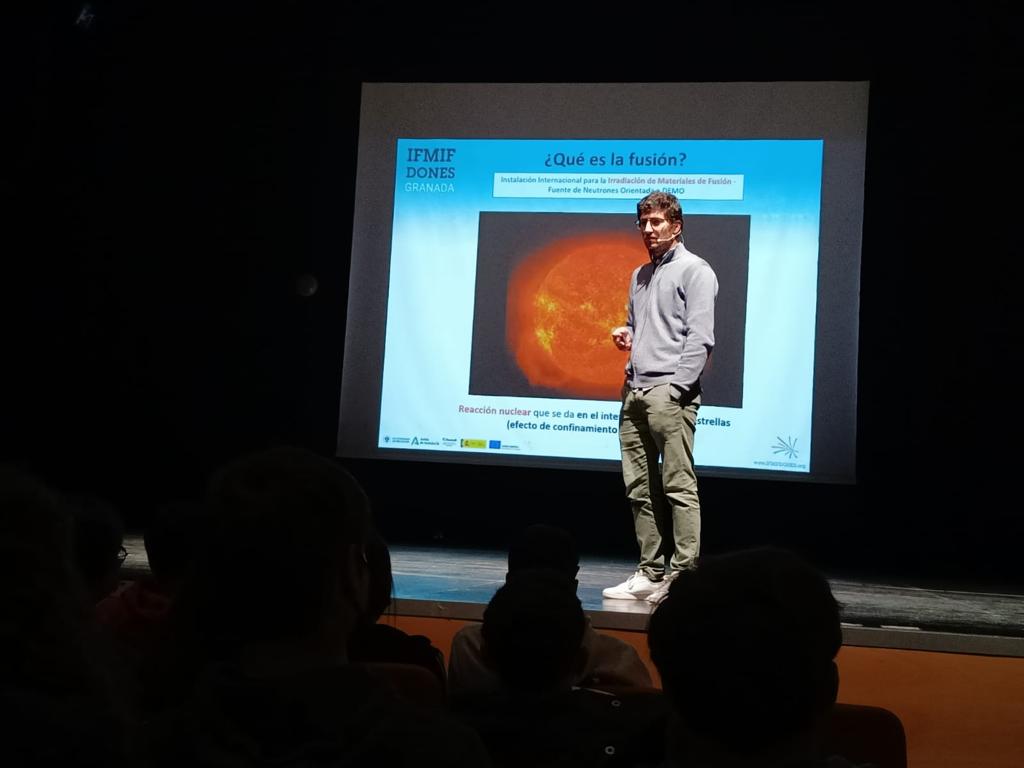
|
Students in the 1st and 2nd years of upper secondary high school at IES Federico García Lorca – Churriana de la Vega, Granada – were able to learn first-hand about the IFMIF-DONES project, thanks to a talk given by two of the team members, Antonio Moreno, project integration engineer, and Jorge Maestre, lithium systems engineer. The activity, organised by the centre as part of its Science Week under the theme “New technologies for the society of the future”, took place on 8 April.
|
|
The teaching staff involved in the organisation of the Science Week decided to include the IFMIF-DONES project in the event, with the aim of making students become conscious about the relevance and the need to search for clean energies for the future of mankind.
|
|
|
|
|
|
|
|
Learn more about the IFMIF DONES project
|
Looking for more information from the project? Visit our website.
|
|
|
|
|
|
|
|
|
|
|
|
|
|
|
|